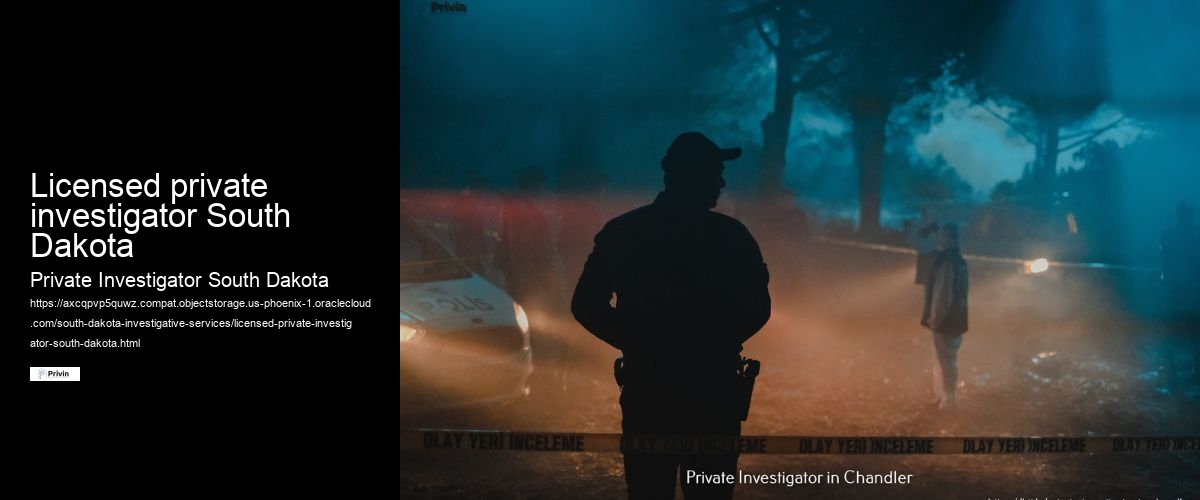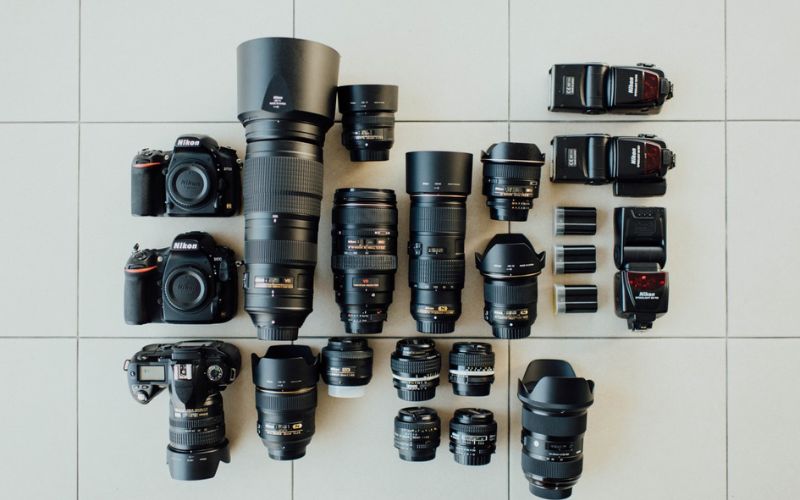
Gathering Evidence: Private investigators are skilled at collecting evidence that can be used in legal cases or to support the claims of their clients. They may interview witnesses, analyze documents, or perform other investigative techniques to gather relevant information.
Locating Missing Persons: Private investigators specialize in finding missing persons, whether they are lost family members, debtors, or witnesses for a legal case. They employ various investigative methods to locate and reunite individuals.
Investigating Infidelity: Private investigators are often hired to investigate suspected cases of infidelity or marital disputes. They discreetly gather evidence to confirm or disprove suspicions, providing their clients with the necessary information to make informed decisions.
Fraud Investigations: Private investigators help uncover fraudulent activities such as insurance fraud, corporate fraud, or financial fraud. They collect evidence, interview witnesses, and work closely with law enforcement agencies to build strong cases.
Private investigators play a crucial role in numerous fields, including:
Legal Sector: Private investigators support attorneys and law firms by conducting investigations, locating witnesses, and gathering evidence for civil and criminal cases. Their findings can significantly impact legal proceedings.
Corporate Sector: Private investigators assist businesses in mitigating risks, conducting due diligence on potential partners or clients, and uncovering instances of fraud or corporate espionage. They help protect the interests of companies and ensure their operations are secure.
Insurance Industry: Private investigators help insurance companies verify the legitimacy of claims, detect fraudulent activities, and provide evidence for insurance fraud cases. This helps prevent fraudulent payouts and ensures fair practices within the industry.
Personal Matters: Private investigators assist individuals in various personal matters, such as uncovering hidden assets during divorce proceedings, locating biological parents or adopted children, or conducting background checks on potential partners.

Security and Protection: Private investigators can provide security services, including executive protection, threat assessment, and risk management. Their expertise in surveillance and investigation adds an extra layer of security for high-profile individuals or corporate executives.
Private investigators are essential in gathering information, uncovering the truth, and providing their clients with valuable insights. Their work often complements the efforts of law enforcement agencies, offering specialized skills and a focus on individual cases.
Corporate investigations involve conducting inquiries and gathering information related to businesses and organizations. Private investigators may be hired by companies to investigate internal theft, employee misconduct, intellectual property violations, or cases of corporate espionage. They employ various techniques such as surveillance, interviews, and forensic analysis to uncover the truth and protect the interests of the organization.
Private investigators play a significant role in the insurance industry by conducting insurance investigations. They are hired by insurance companies to verify the authenticity of claims, gather evidence, and detect fraudulent activities. This may involve investigating suspicious accidents, disability claims, property damage, or staged incidents. By uncovering fraudulent claims, private investigators help reduce financial losses for insurance companies and maintain the integrity of the industry.
Private investigators support attorneys and law firms by conducting legal investigations. They gather evidence, interview witnesses, and locate crucial information that can strengthen legal cases. These investigations may involve collecting background information on individuals involved in the case, conducting surveillance, or identifying and interviewing potential witnesses. Private investigators assist in uncovering facts, providing critical information to build a strong legal defense or support a plaintiff's claim.
Infidelity investigations are among the most common requests made to private investigators. Individuals suspecting a partner's infidelity hire private investigators to gather evidence of their suspicions discreetly. Private investigators employ surveillance techniques, conduct background checks, and use other investigative methods to determine if a partner is being unfaithful. They provide clients with concrete evidence, enabling them to make informed decisions regarding their relationships.

Private investigators conduct comprehensive background checks and pre-employment screenings on behalf of businesses and individuals. These investigations involve verifying an individual's credentials, education, employment history, and checking for any criminal records or past misconduct. By conducting thorough background checks, private investigators help organizations make informed hiring decisions, ensuring the safety and security of their employees and operations.
Private investigators specialize in locating missing persons. Whether it is a missing family member, a debtor, or a witness, private investigators employ various techniques to track down individuals who have disappeared. They analyze available information, conduct interviews, and utilize databases and resources to gather leads and uncover the whereabouts of missing persons. Private investigators work closely with law enforcement agencies and utilize their expertise to reunite families or provide essential information for legal proceedings.
Surveillance is a fundamental aspect of many private investigations. Private investigators utilize surveillance techniques to discreetly observe and document activities of individuals or locations of interest. Surveillance operations involve monitoring and recording behaviors, interactions, and movements to gather evidence or obtain valuable information. Private investigators may use advanced equipment and technology to conduct surveillance effectively and maintain discretion throughout the process.
Private investigators are frequently involved in investigating various forms of fraud. This can include insurance fraud, financial fraud, identity theft, or corporate fraud. Private investigators work closely with clients, businesses, or legal entities to uncover fraudulent activities, gather evidence, and provide support in legal proceedings. They employ a range of investigative techniques, including data analysis, interviews, and financial audits, to identify and expose fraudulent schemes.
Private investigators possess the skills, experience, and resources to handle these different types of investigations. They serve a critical role in assisting individuals, organizations, and legal professionals in uncovering information, protecting interests, and ensuring justice is served.
Private investigators excel at gathering and analyzing information from various sources. They employ techniques such as open-source intelligence (OSINT) research, which involves extracting information from publicly available sources like social media, online databases, and public records. Private investigators also utilize their network of contacts, conduct discreet interviews, and employ information-gathering strategies to obtain valuable data for their investigations. Analyzing and organizing the gathered information helps them identify patterns, connections, and potential leads.
Yes, many private investigators have the ability to work internationally or collaborate with investigators in other countries. They can leverage their network and resources to conduct investigations across borders, subject to legal requirements and restrictions.
When hiring a private investigator, look for qualifications such as proper licensing, relevant experience, a solid reputation, and good communication skills. Specialized training or certifications in specific investigative areas can also be beneficial.
Yes, private investigations are conducted with utmost confidentiality. Private investigators are bound by professional ethics to maintain the privacy and confidentiality of their clients and the information obtained during the investigation.